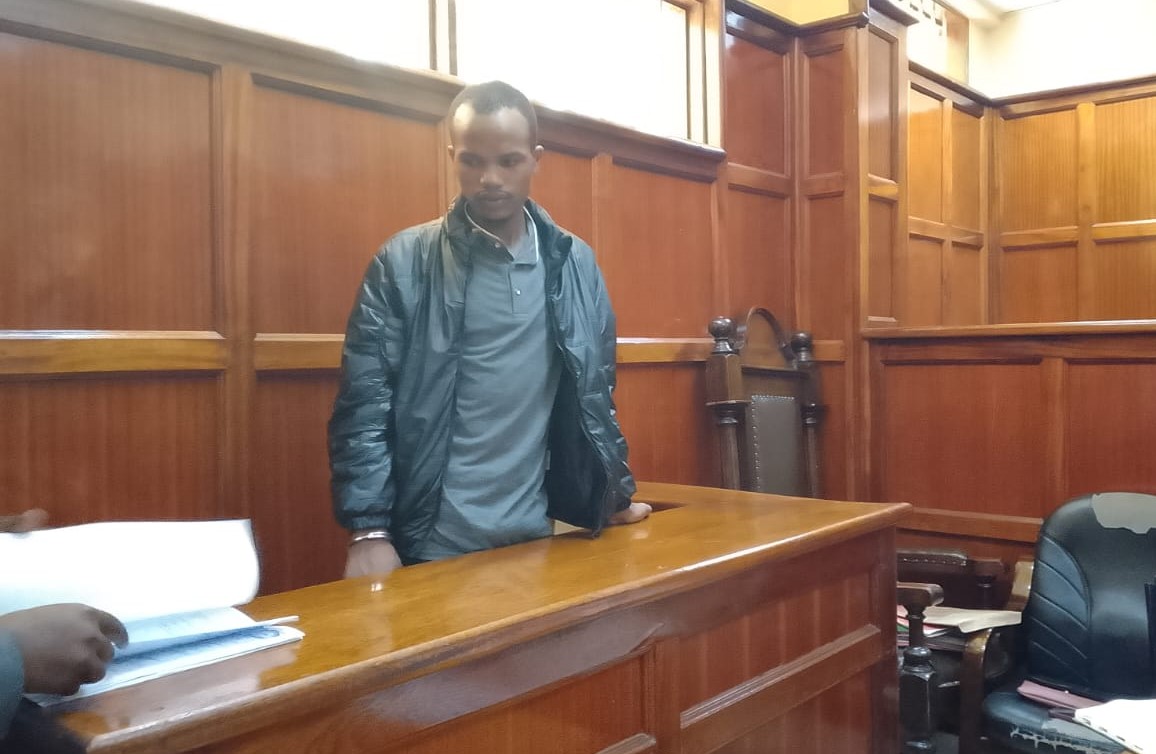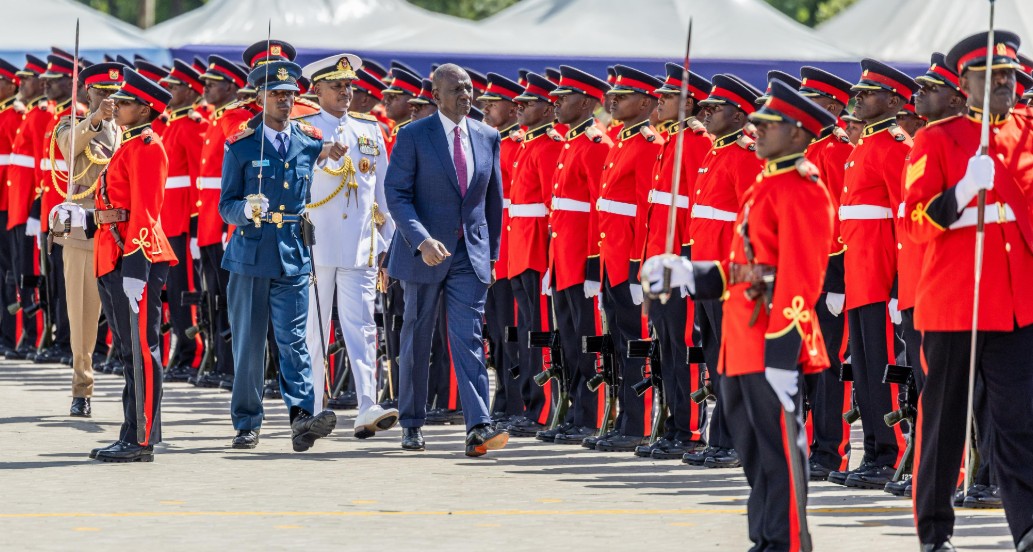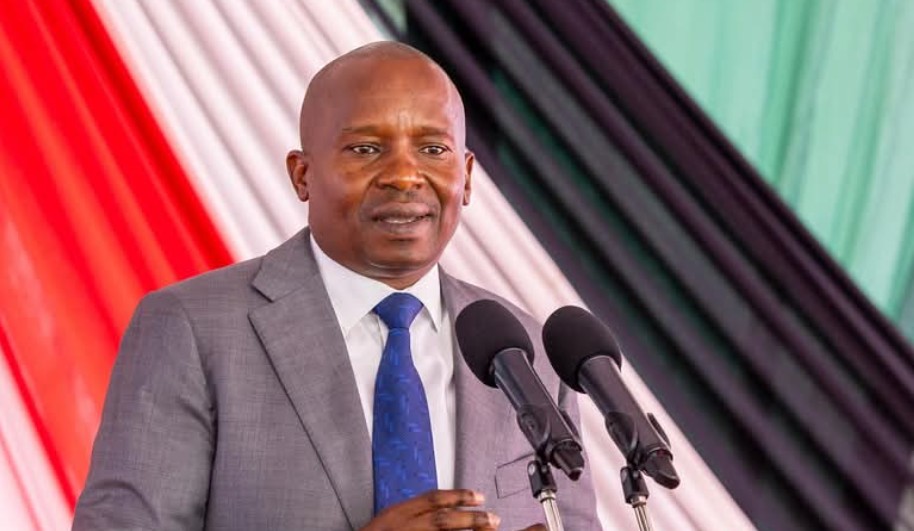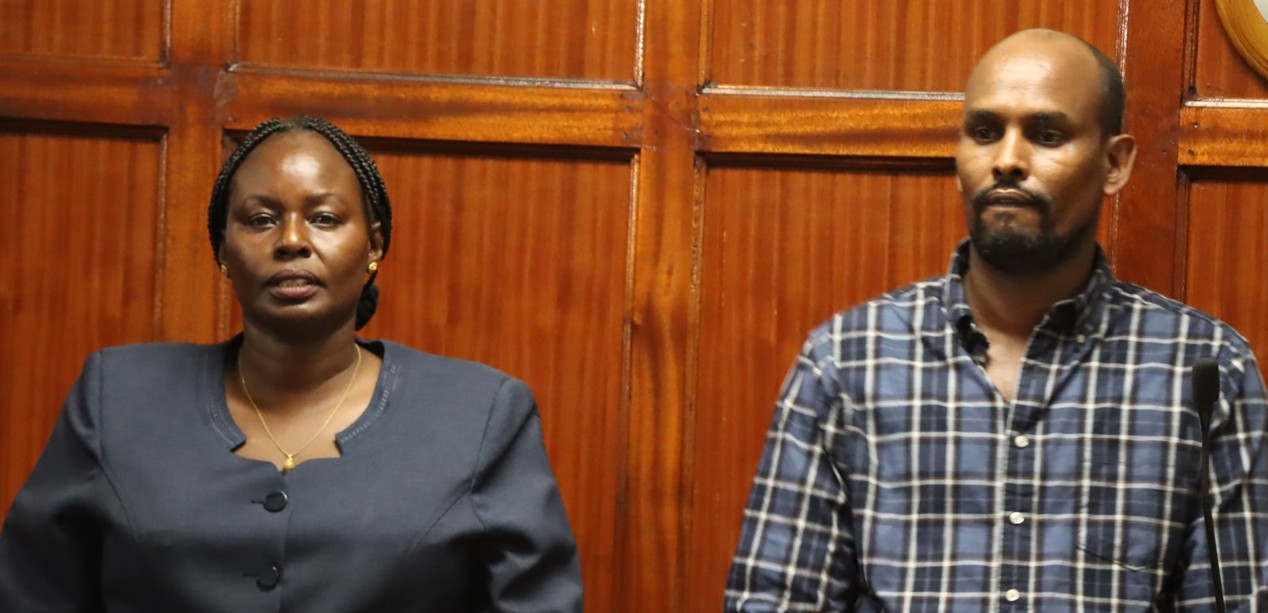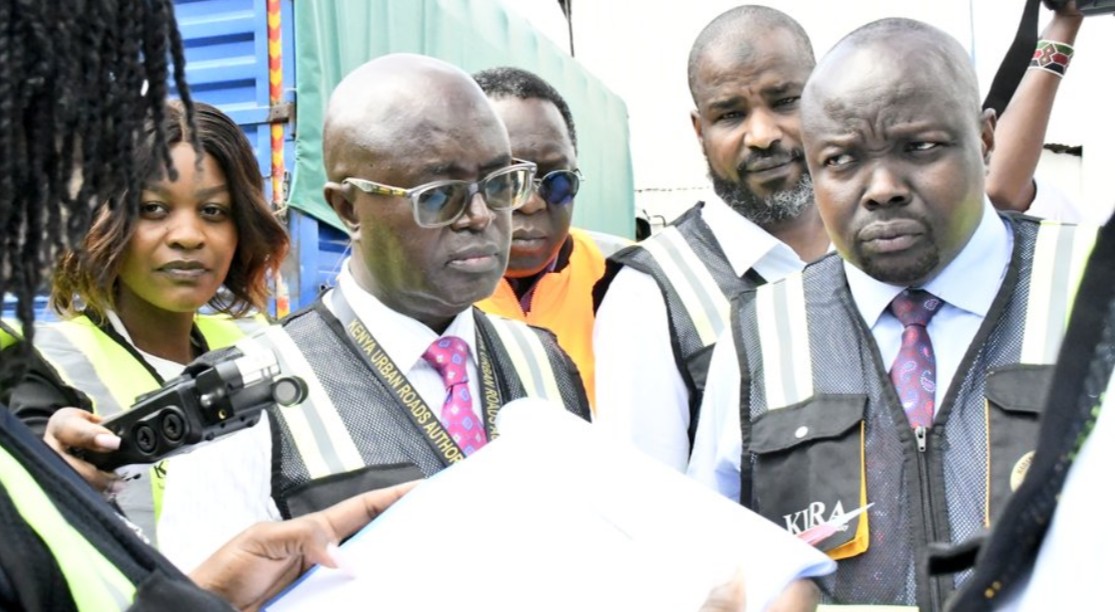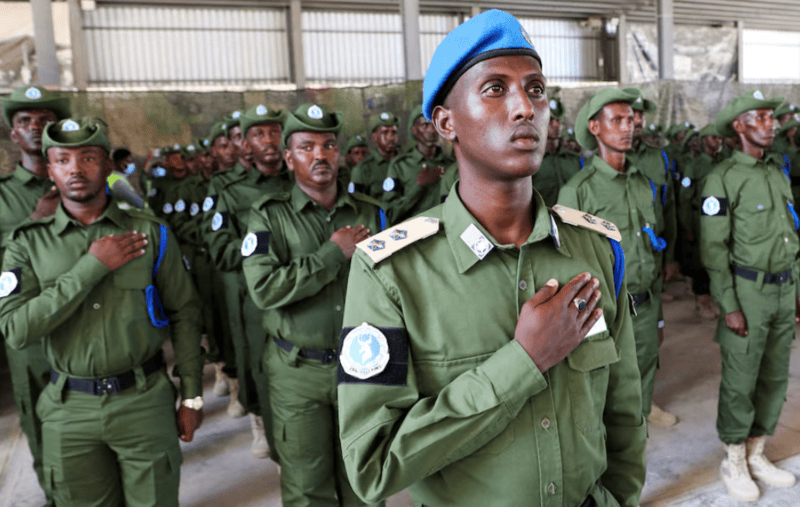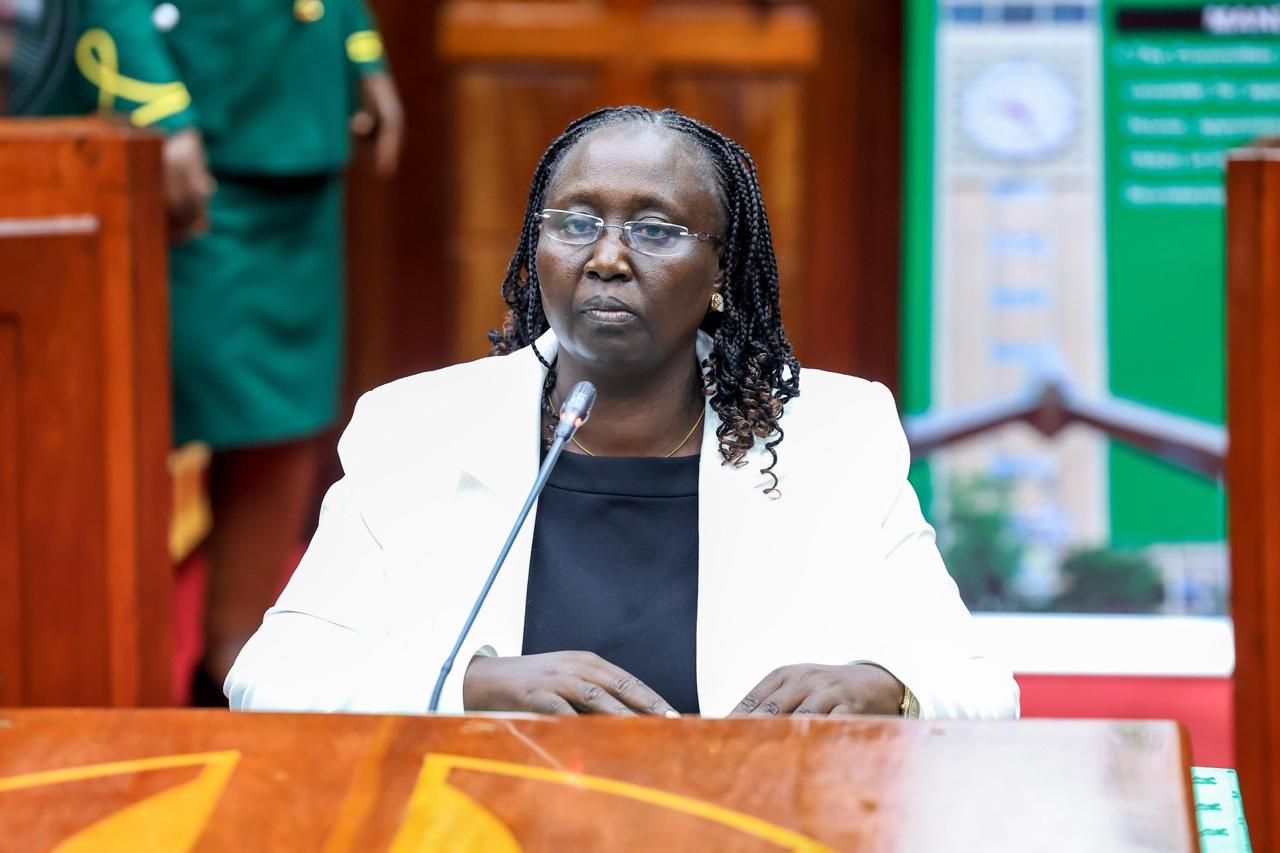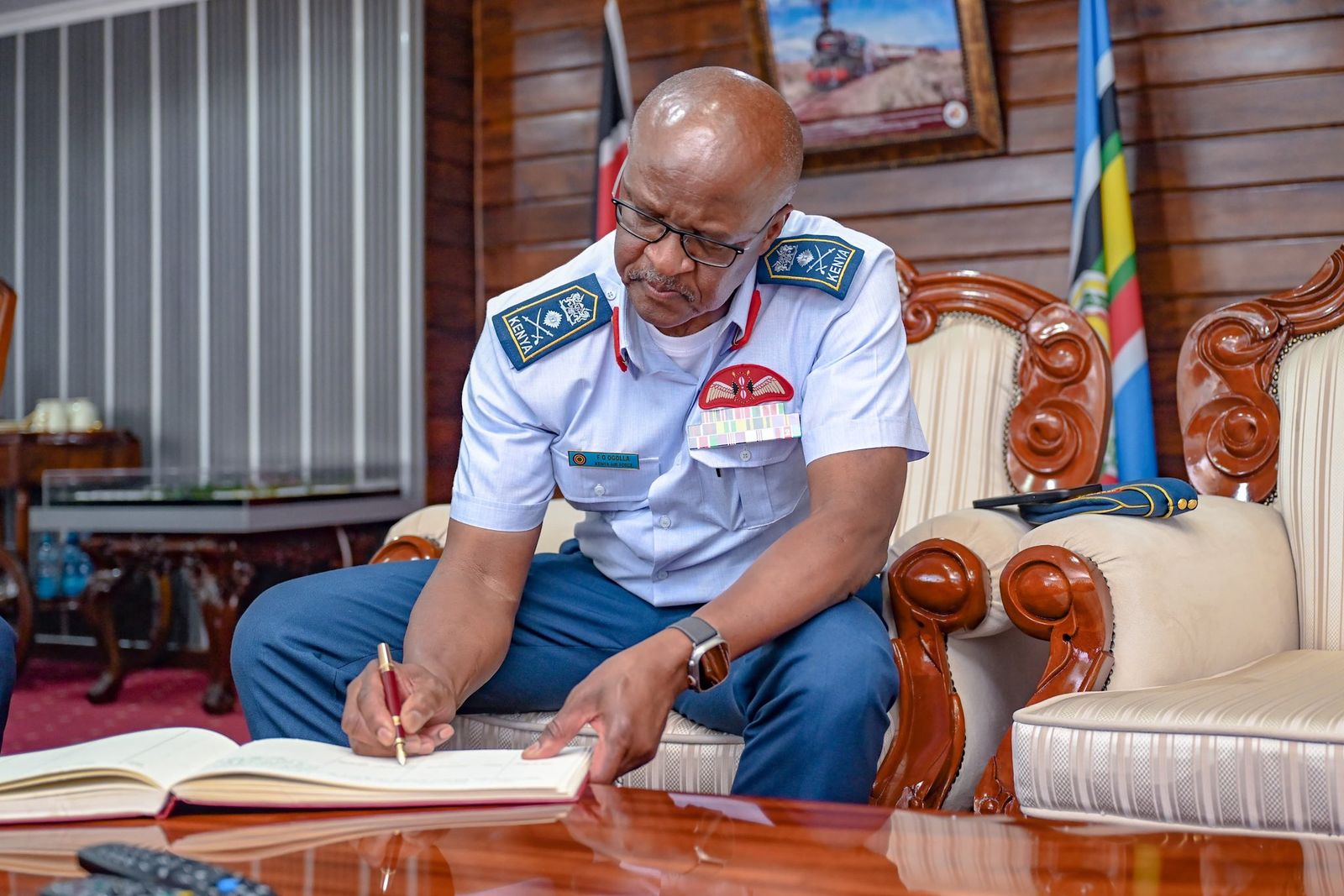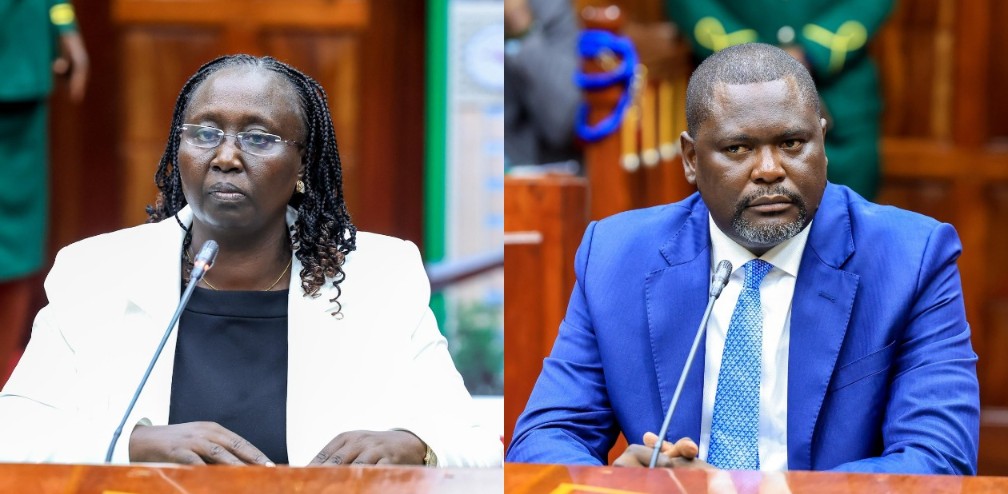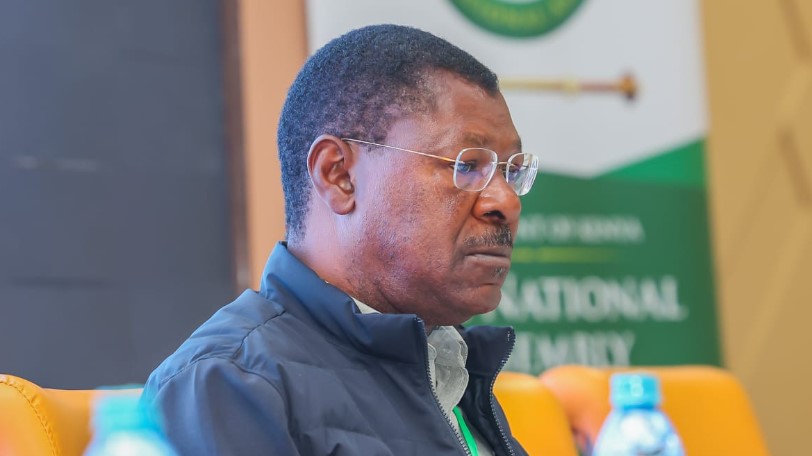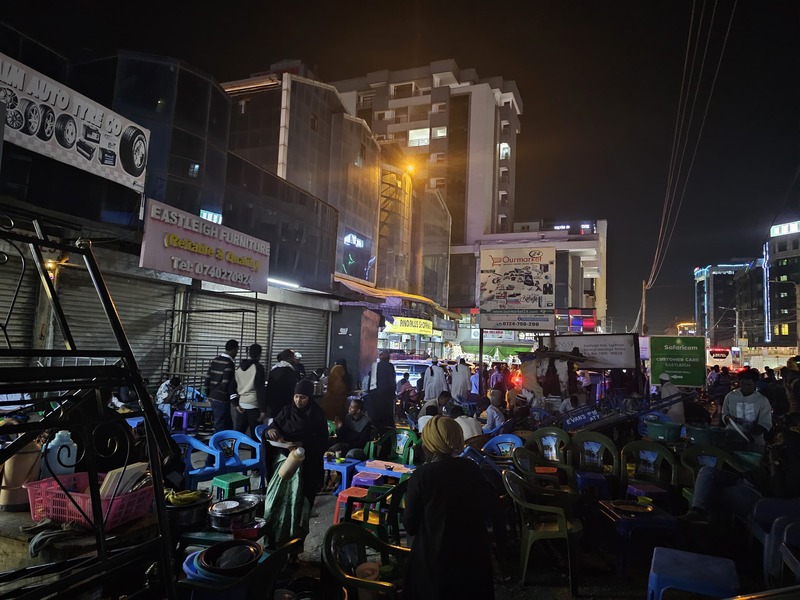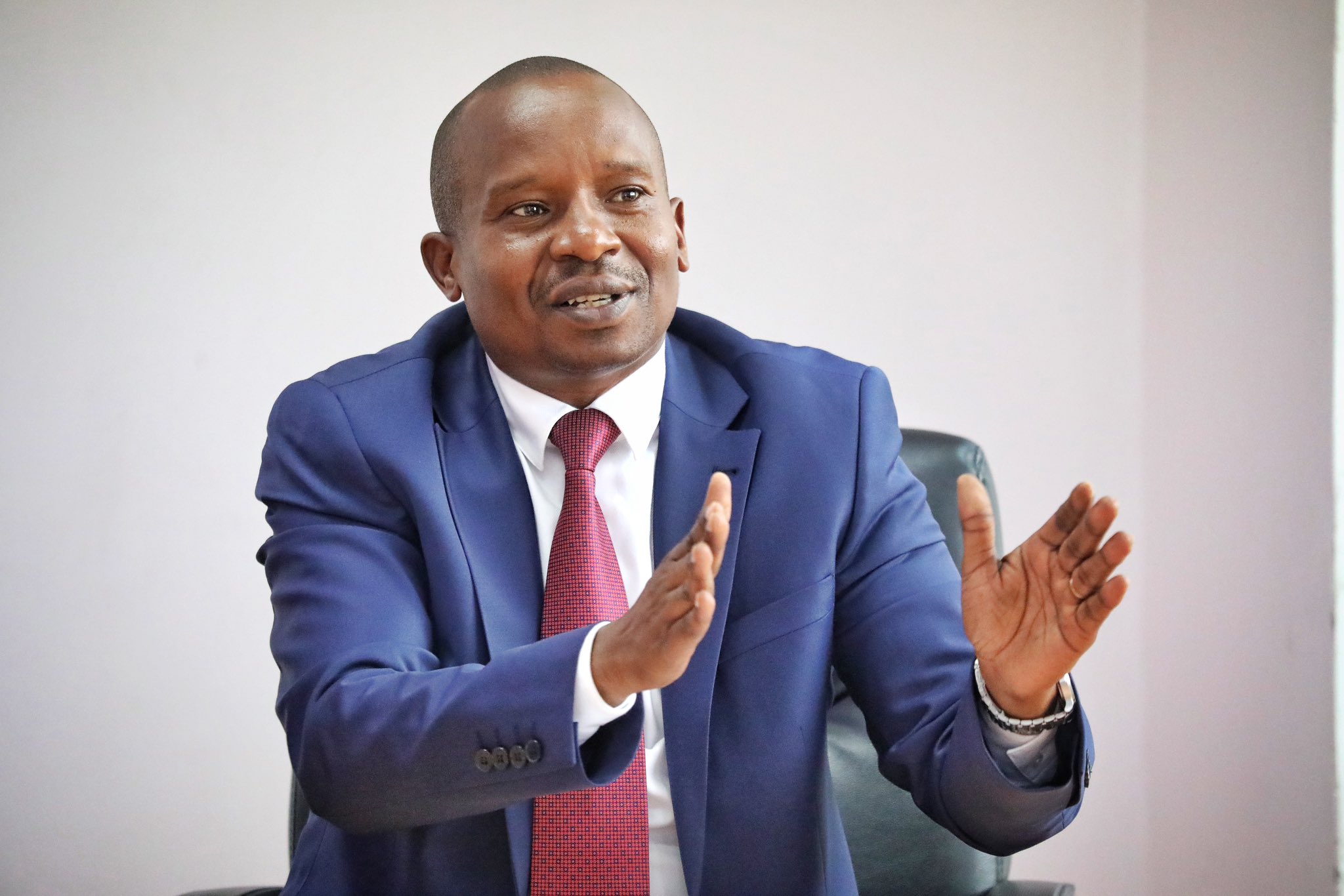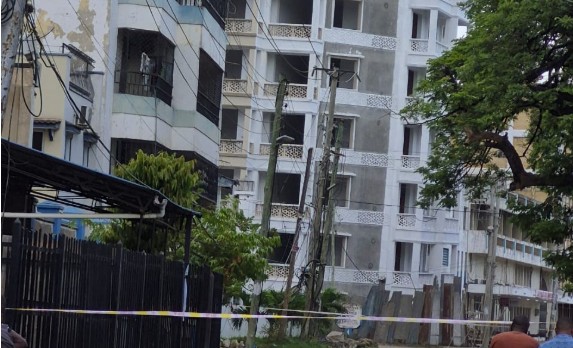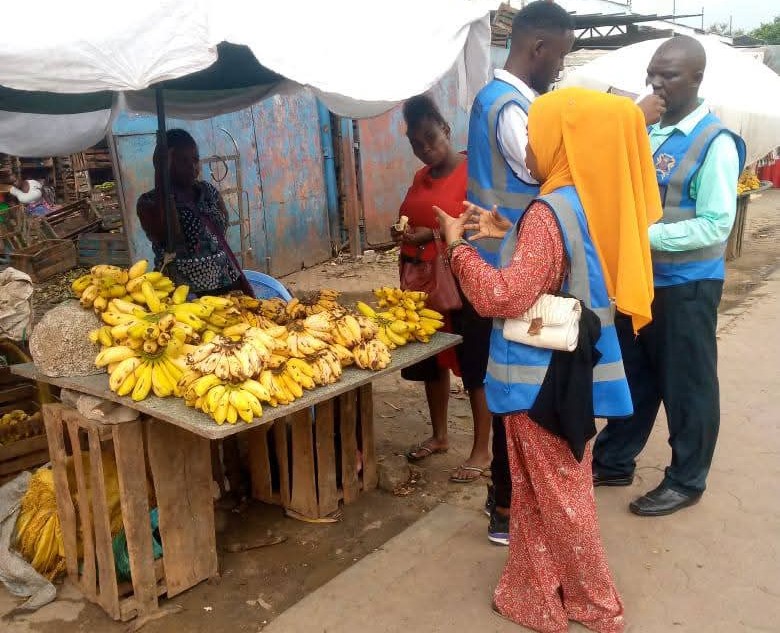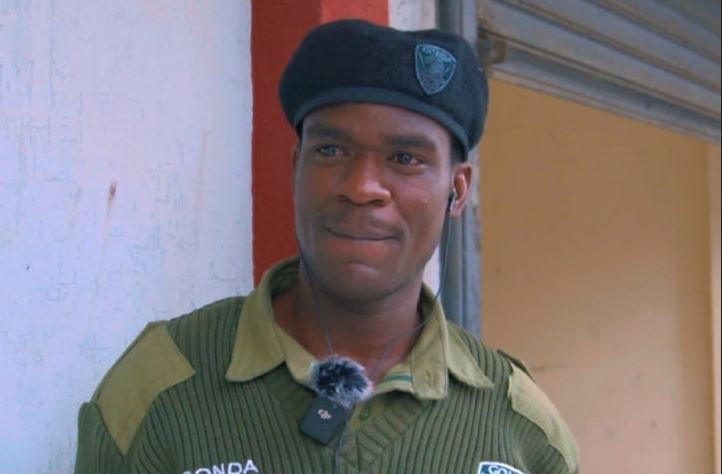Thousands in DRC in desperate need of aid as floods, conflict create a double crisis
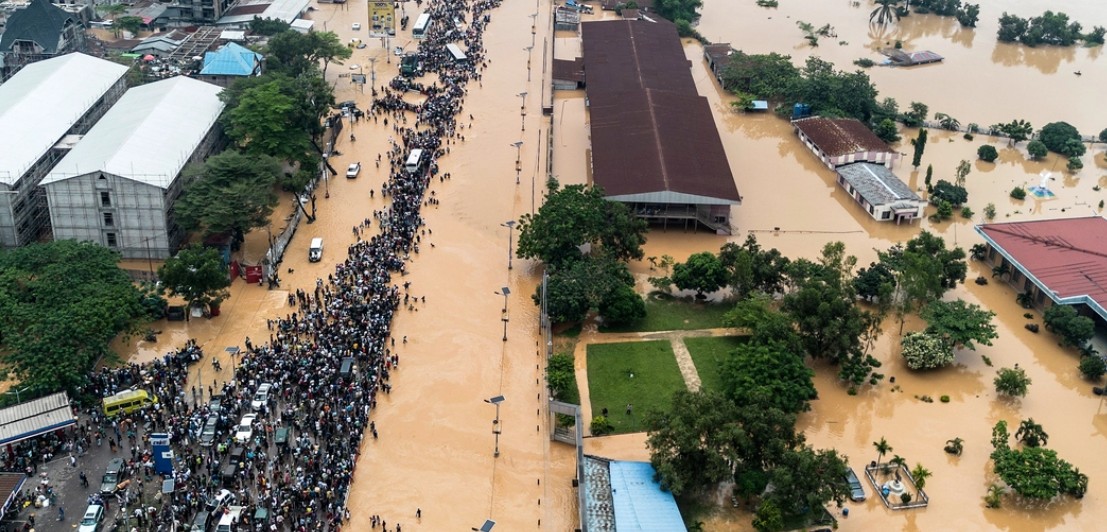
In recent weeks, heavy rains caused River Rugumba to overflow, flooding large parts of the Kalemie and Nyunzu territories. The water destroyed homes, schools and farmlands, forcing many to flee with nothing.
Thousands of families in the Democratic Republic of the Congo (DRC) are fighting to survive after relentless floods swept through Tanganyika Province, destroying homes, displacing nearly 10,000 people, and deepening the hardships of a region already struggling with conflict and hunger.
In recent weeks, heavy rains caused River Rugumba to overflow, flooding large parts of the Kalemie and Nyunzu territories. The water destroyed homes, schools and farmlands, forcing many to flee with nothing.
More To Read
- Angola appoints new DRC-Rwanda mediator as Doha talks signal shifting African diplomacy
- After tariffs, US dangles billions of dollars in Congo mineral investment
- Convicted war criminal Lubanga announces new rebel group in east Congo
- MSF warns of renewed violence in eastern Democratic Republic of Congo's Ituri province
As floodwaters stagnate, concerns are rising over possible outbreaks of disease, especially cholera. The province has already recorded cholera cases six times higher than at the same time last year.
This disaster has struck a population already pushed to its limits.
Tanganyika had welcomed about 50,000 internally displaced people since January, most of them escaping violence in neighbouring South Kivu.
Many of these people had found shelter in local homes, schools, and churches, spaces that are now flooded or completely destroyed.
The floods also wiped out crucial crops such as cassava, maize, and peanuts. This blow to food production comes at a time when food insecurity is growing fast.
Looming hunger
An estimated 2.3 million people in Tanganyika, South Kivu, North Kivu, and Ituri provinces face hunger in the coming months due to ongoing conflict and displacement.
The United Nations High Commissioner for Refugees (UNHCR) and other aid organisations are providing emergency shelter, clean water, food and medical care, but the response is hampered by serious funding shortages.
Only 20 per cent of the funding needed for the UNHCR’s work in the DRC has been received, leaving thousands without the help they desperately need.
The crisis is also affecting the movement of refugees. Some Congolese who had earlier fled to neighbouring Burundi have now returned home, even though insecurity remains.
“Many cited dire living conditions, including limited access to food, shelter and basic services, as key factors influencing their decision to return even in the face of persistent conflict and uncertainty in the DRC,” the UNHCR said.
In search of safety
Still, many others are continuing to flee. Nearly 120,000 Congolese refugees have crossed into Burundi, Tanzania, and Uganda in search of safety.
Uganda alone has received more than 5,500 refugees in the last week.
These movements have placed extra pressure on neighbouring countries, which now need more resources to support both incoming refugees and those returning to unstable regions in the DRC.
The situation remains urgent, with people at risk of hunger, disease, and further displacement. The combination of flooding and ongoing conflict has created what the UNHCR calls a “double crisis.”
Without fast and well-funded humanitarian support, the suffering is likely to worsen.
The people affected are in desperate need of aid to rebuild their lives and restore some sense of normalcy.
Top Stories Today
